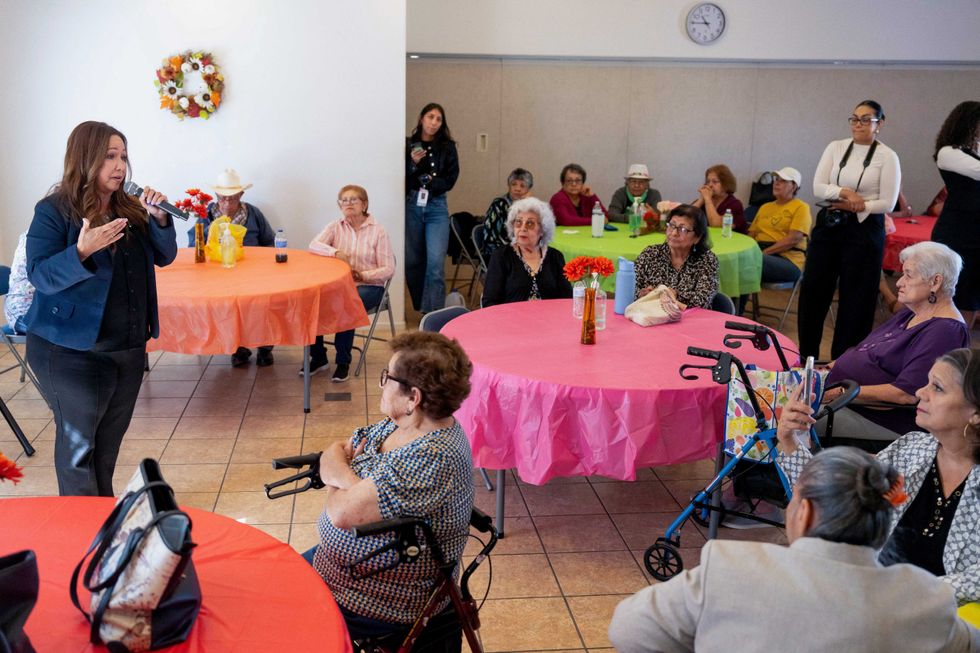UPDATE: Focus groups reveal alarming new doubts among older women regarding the future of Social Security, a program many have relied on for decades. Recent sessions hosted by AARP this month indicate a significant shift in sentiment, with participants expressing fears that their benefits may be at risk.
During a focus group, Dorothy B., a 74-year-old from North Carolina, stated, “They’ll find a way to take it from you.” This sentiment was echoed by Claudia C., a 65-year-old from Washington, who shared her decision to claim benefits early due to uncertainty about the program’s future. “I could have waited until 70… But I felt that I should take it now,” she said.
All eight women in the Democratic focus group indicated they were worried about their Social Security. The concerns extend beyond political affiliations; even among Republican participants, doubts pervaded. Amy M., a 70-year-old from Missouri, highlighted a projected financial crisis stating, “They keep telling us, OK, in 2032, there’s no more money in Social Security.”
Polling from AARP shows a striking decline in confidence, with seven percentage points fewer Americans feeling secure about the program compared to five years ago. Historically, older individuals have maintained high confidence levels, but uncertainty is now palpable among those who depend on these benefits.
AARP’s vice president, Jenn Jones, noted that rising costs and inflation are exacerbating fears. “As costs have risen, you are starting to see a little more concern about [Social Security’s] future,” she stated. Older women, who typically receive lower payments than men, are particularly vulnerable to these shifts.
Kathleen Romig, director of Social Security and Disability Policy at the Center on Budget and Policy Priorities, expressed surprise at the uncertainty voiced in the focus groups. “Typically, as people get older, they become more confident,” she explained, attributing the current anxiety to diminishing trust in government institutions.
The implications of these fears are severe. Those who claim Social Security benefits at age 62 rather than age 67 could see a reduction of 30 percent in their monthly payments for life. This early claiming trend is concerning, especially when many older women may already face financial precarity due to factors like the gender pay gap and caregiving responsibilities.
Looking forward, experts like Romig and Jones believe it is unlikely that current beneficiaries will see immediate changes to their payments. However, they emphasize the need for policymakers to address these growing concerns. “There’s a pretty strong bipartisan consensus that you just don’t go after people who are already receiving benefits,” Romig noted.
This urgent situation reflects a broader distrust in governmental stability and efficacy, which has been exacerbated by recent political turmoil. The focus group findings underscore a critical need for transparency and reassurance for older Americans, especially vulnerable older women who depend heavily on Social Security for their financial security.
With these developments, it’s clear that the future of Social Security is not just a political issue but a pressing concern for millions of Americans. As the situation evolves, stakeholders and policymakers must prioritize addressing these fears to restore confidence in this essential program.
Stay tuned for further updates as this situation develops.





































































